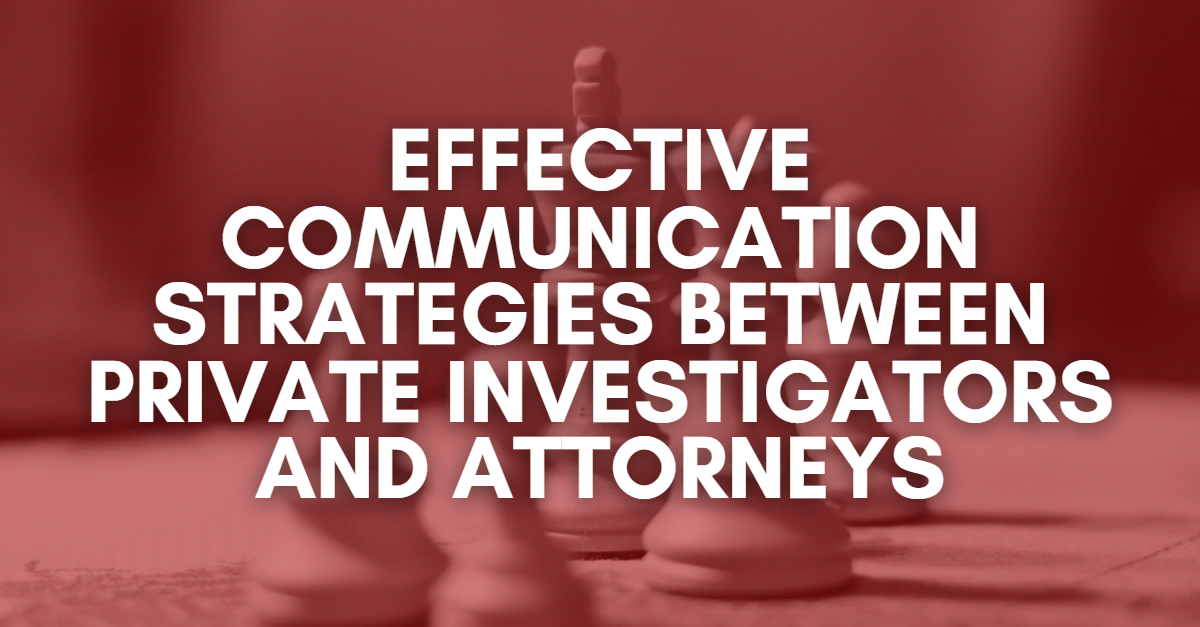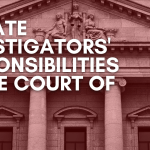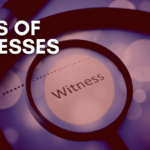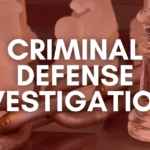In the world of legal investigations, effective communication strategies between private investigators and attorneys are paramount. A strong partnership built on clear and efficient information exchange lays the foundation for successful outcomes in legal cases. In this article, we will explore essential communication strategies that foster collaboration between private investigators and attorneys, ensuring a cohesive and effective working relationship.
Objectives, open communication, listening, and thorough questioning
- Establishing clear objectives:
To kickstart effective communication, it is crucial for private investigators and attorneys to establish clear objectives. By aligning their goals from the outset, they can work harmoniously towards a shared purpose. This clarity allows for focused and targeted efforts in gathering evidence, conducting research, and developing legal strategies. Without these common goals, all sorts of miscommunication can occur, potentially having a negative impact on the case.

- Maintaining regular and open lines of communication:
Regular and open communication is the lifeblood of a successful partnership. Private investigators and attorneys should establish channels for ongoing dialogue, whether through face-to-face meetings, phone calls or secure digital platforms.
This open line of communication ensures a steady flow of information, updates, and feedback, facilitating the seamless exchange of critical details and enhancing collaboration.
- Active Listening and Effective Questioning:
These skills play a pivotal role in communication between private investigators and attorneys. Private investigators should actively listen to attorneys’ instructions, client concerns, and legal requirements. Likewise, attorneys should be attentive to the findings, insights, and recommendations provided by private investigators. By asking relevant and thought-provoking questions, both parties can extract valuable information and uncover crucial details that strengthen their collective efforts.
Respect and trust lead to effective communication strategies
Building mutual respect and trust is essential for effective communication. Private investigators and attorneys should recognize and value each other’s expertise and contributions. This mutual respect fosters open and honest communication, allowing for constructive discussions, collaborative problem-solving, and the cultivation of a strong professional relationship.

With this in mind, it becomes a lot easier to implement a solid foundation for clear communication.
Other strategies that can benefit from this include clear and concise reporting. It is essential in communicating findings and progress. Private investigators should provide comprehensive and well-structured reports that present relevant information in a concise manner.
These reports should include relevant details, evidence, and supporting documentation, enabling attorneys to make informed decisions and develop effective legal strategies.
In addition, for these reports to be effective there must be timely updates and responsiveness. Because they are critical in maintaining the momentum of an investigation and enabling attorneys to make informed decisions. Private investigators should proactively provide timely updates on significant developments, milestones, and emerging challenges. Additionally, both parties should prioritize responsiveness to each other’s queries, ensuring efficient decision-making and swift action when needed.

Effective communication strategies form the bedrock of successful partnerships between private investigators and attorneys.
Remember, this is an ongoing practice that requires continuous improvement and refinement. By embracing these strategies, private investigators and attorneys can strengthen their collaborative endeavors, maximize efficiency, and deliver the best possible outcomes for their clients.
Learn more about what we do and why you should hire an experienced private investigator. Simply click on this link to get in contact with one of our team members.









